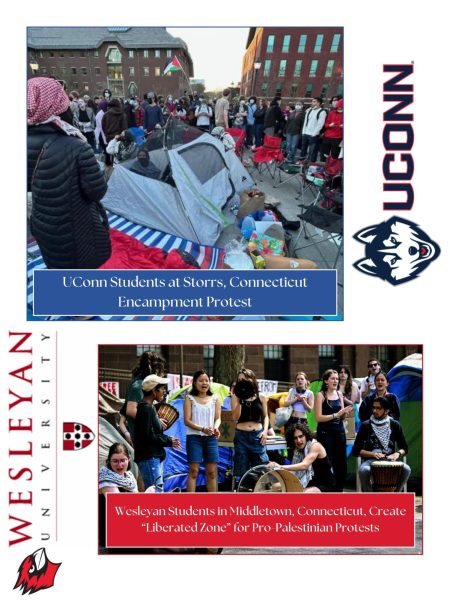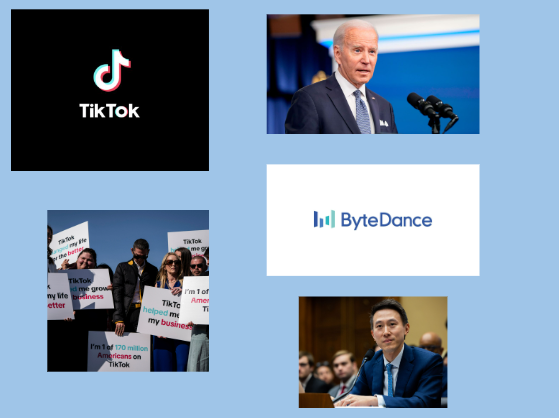Editorial: Dress Codes Target Girls
Self Esteem is the Casualty.
Junior Bella Fishman wrote the following editorial for English 11.
It’s 7 am. A young girl is standing confidently in the mirror, getting ready to go to school. She just put together the perfect outfit. She gets to class feeling upbeat because she is feeling good about herself. Halfway through first period, she is pulled out of class by an administrator. The administrator tells her that her outfit is inappropriate and is distracting the boys from learning.
She was confused. How could an outfit that made her feel good, be deemed inappropriate and distracting by others? What was wrong with her and her body that made an outfit seem “suggestive?” She went back to class with a sweatshirt and went the rest of the day in a foggy headspace. Once home, she looked in the mirror and noticed every insecurity she’s ever had. She tore off her outfit and threw it to the bottom of her closet.
This story might seem extreme, but it’s a harsh reality that many girls know all too well. Dress codes cause damage to young girls by promoting sexism and body-shaming.
Many girls feel that dress codes directly target them and give a free pass to boys. Turns out they do! In the CPS (Eliot Handbook, page 9) dress code, 3 bullets directly target female students. Using descriptions such as: short shorts and skirts, tank tops and midriffs, and blouses and sweaters that are low cut and sheer. These restrictions in no way have connections to the male students. In recent years, boys have been wearing cutoff sleeve shirts that reveal their entire chests/nipples and most of their midriffs and receive no consequences. But if girls were to wear shirts of a similar style with a sports bra underneath, they would still be dress coded because it’s too “suggestive”. How are these dress codes supposed to be fair when they target a certain group of students?
When a girl is dress-coded, it can draw up many uncomfortable feelings of being upset and confused. Many girls begin to question themselves after being dress-coded. What is wrong with me and my body? Why am I considered distracting for just existing?
Adults pointing out potential insecurities about a girl’s body, in a public setting, can make them feel very insecure about themselves. This is detrimental to a young girl’s confidence and how she views herself.
Dress codes are another way for people to control young girls’ bodies and how they live their lives. Do we want to continue to live in a society that stops young girls from expressing themselves and feeling comfortable in their own skin, or live in a world that lets girls live their most confident, full life?










